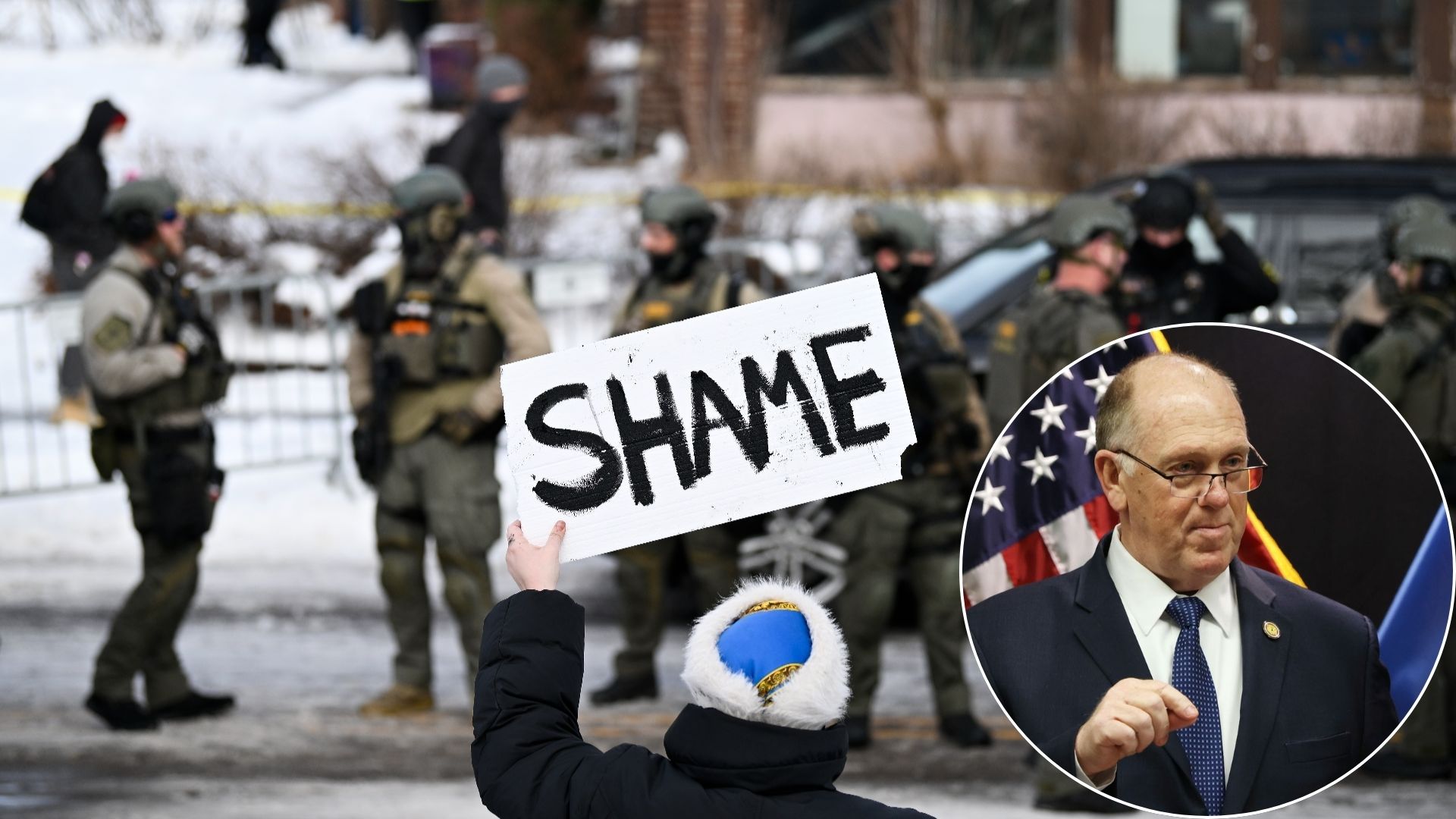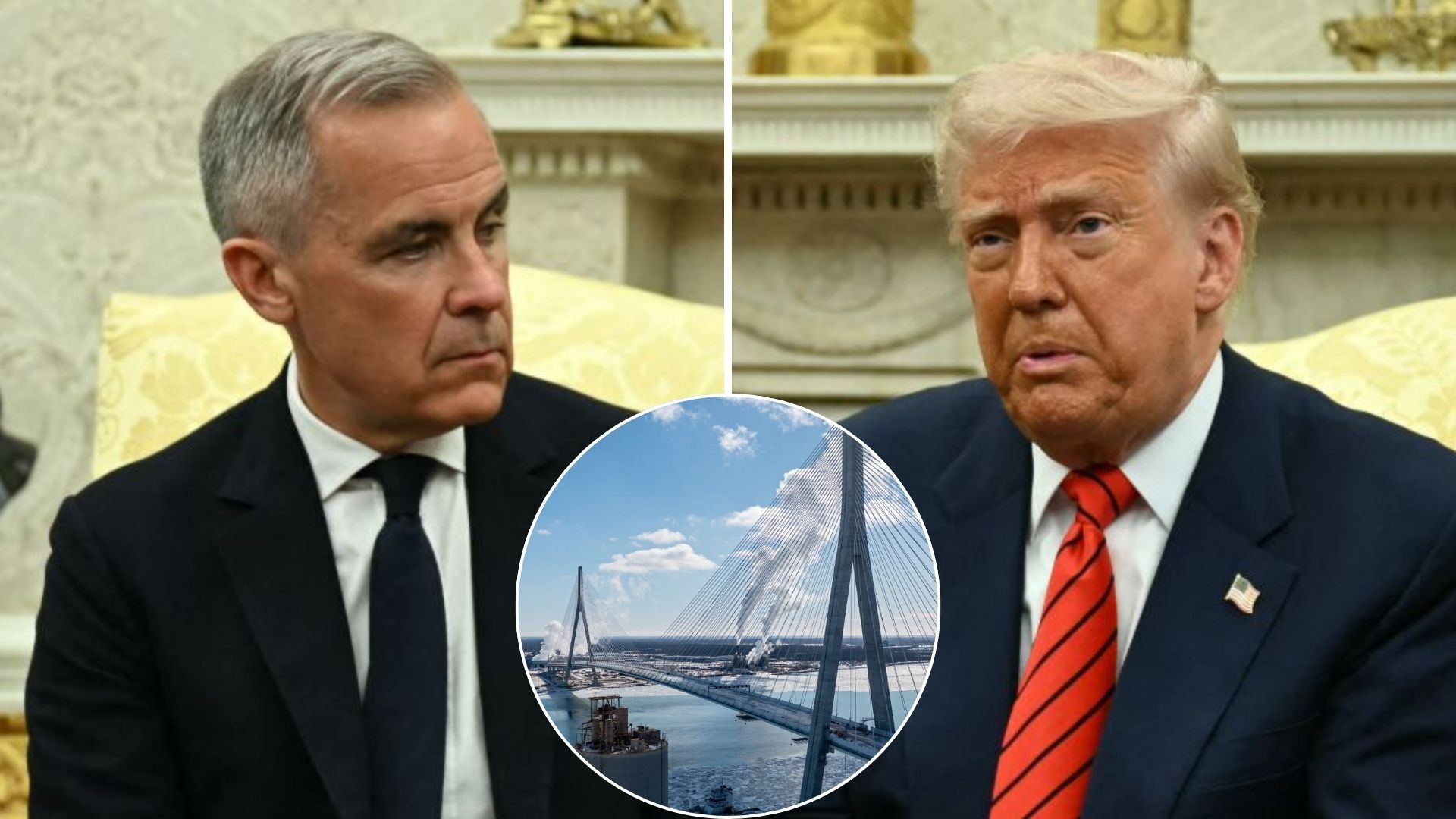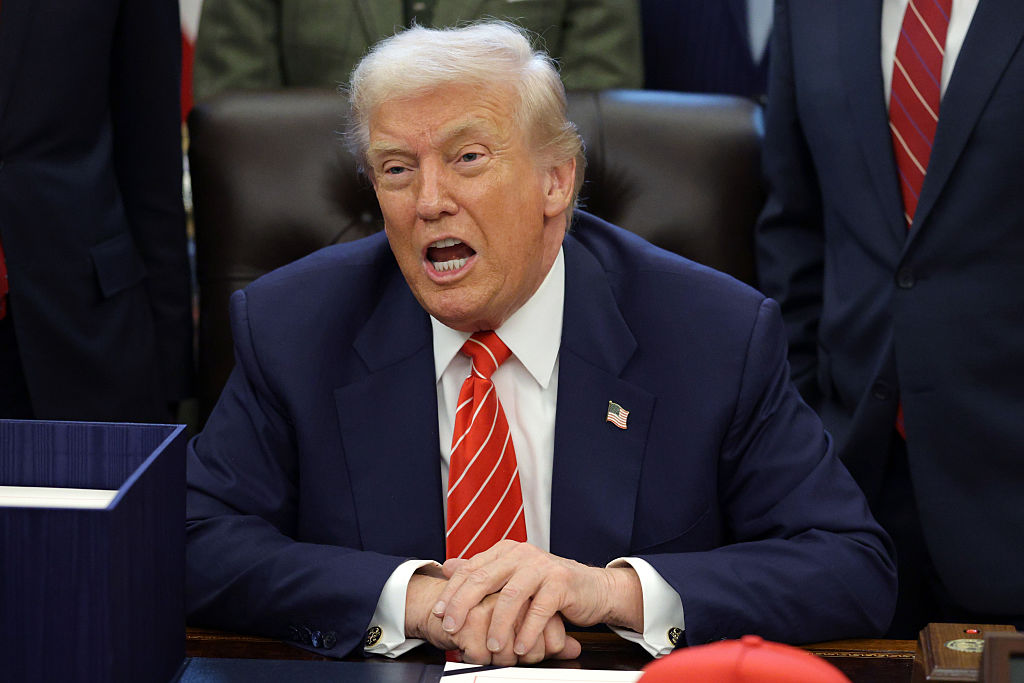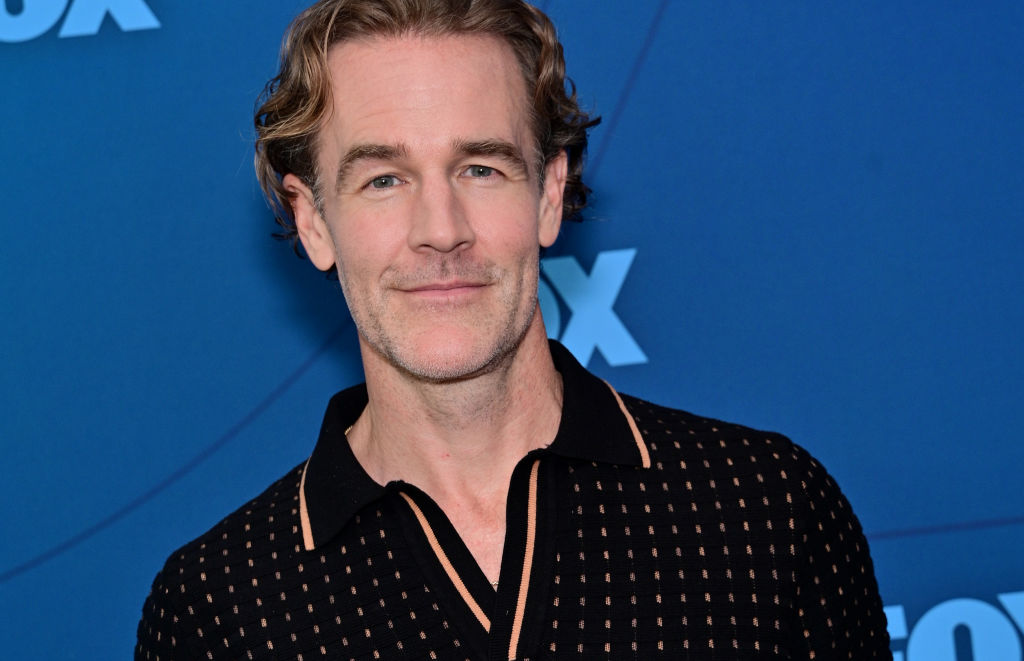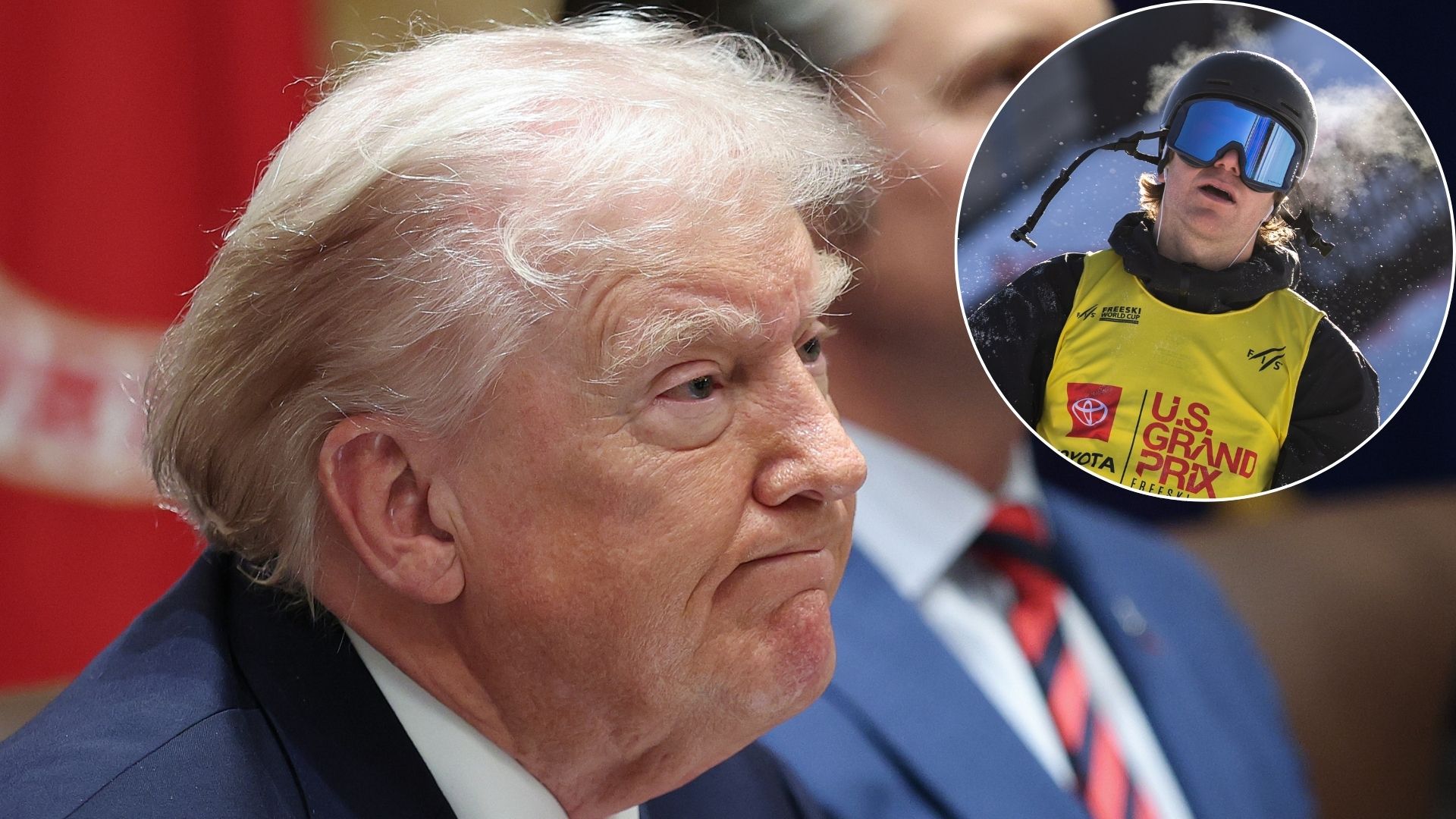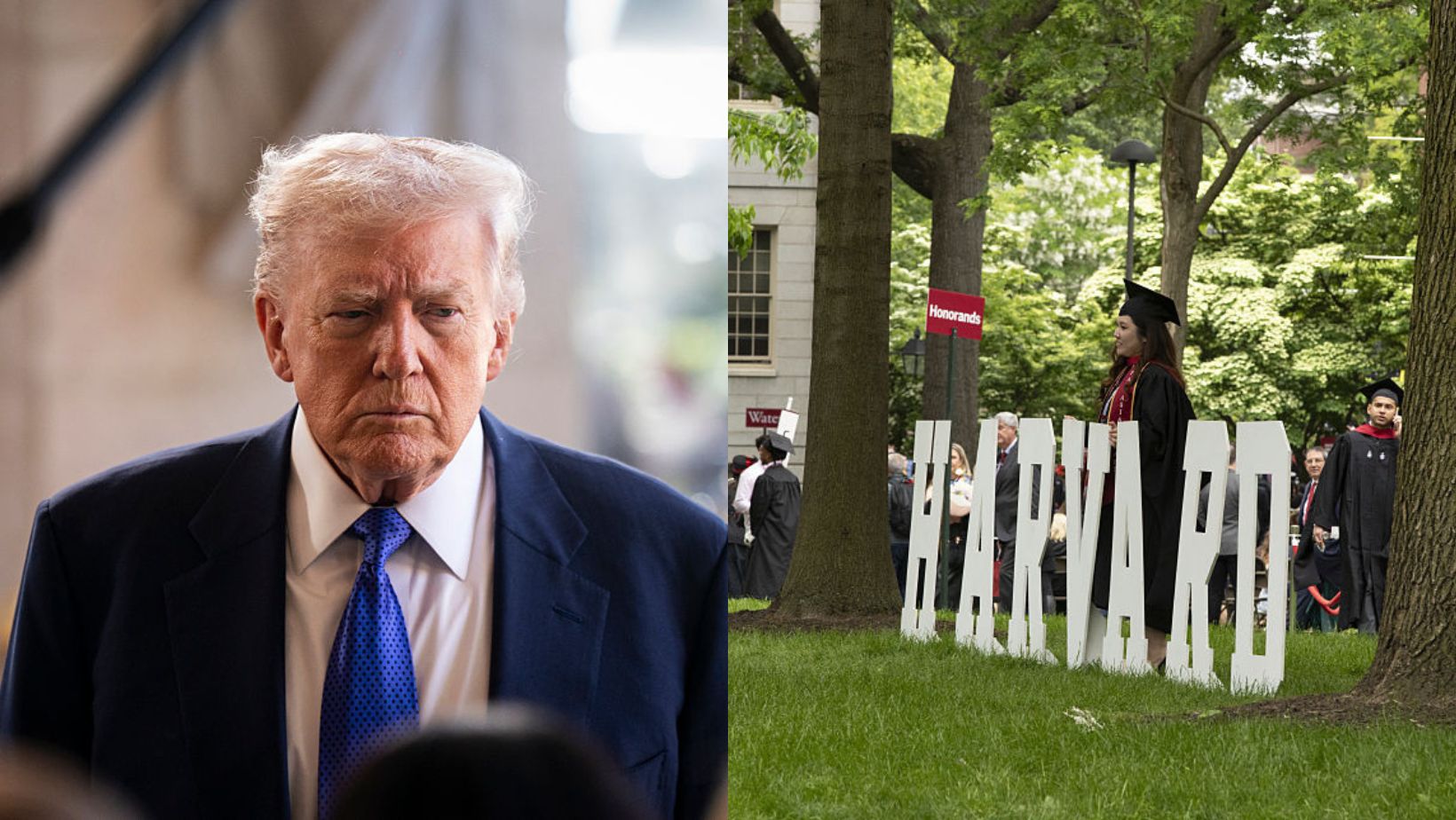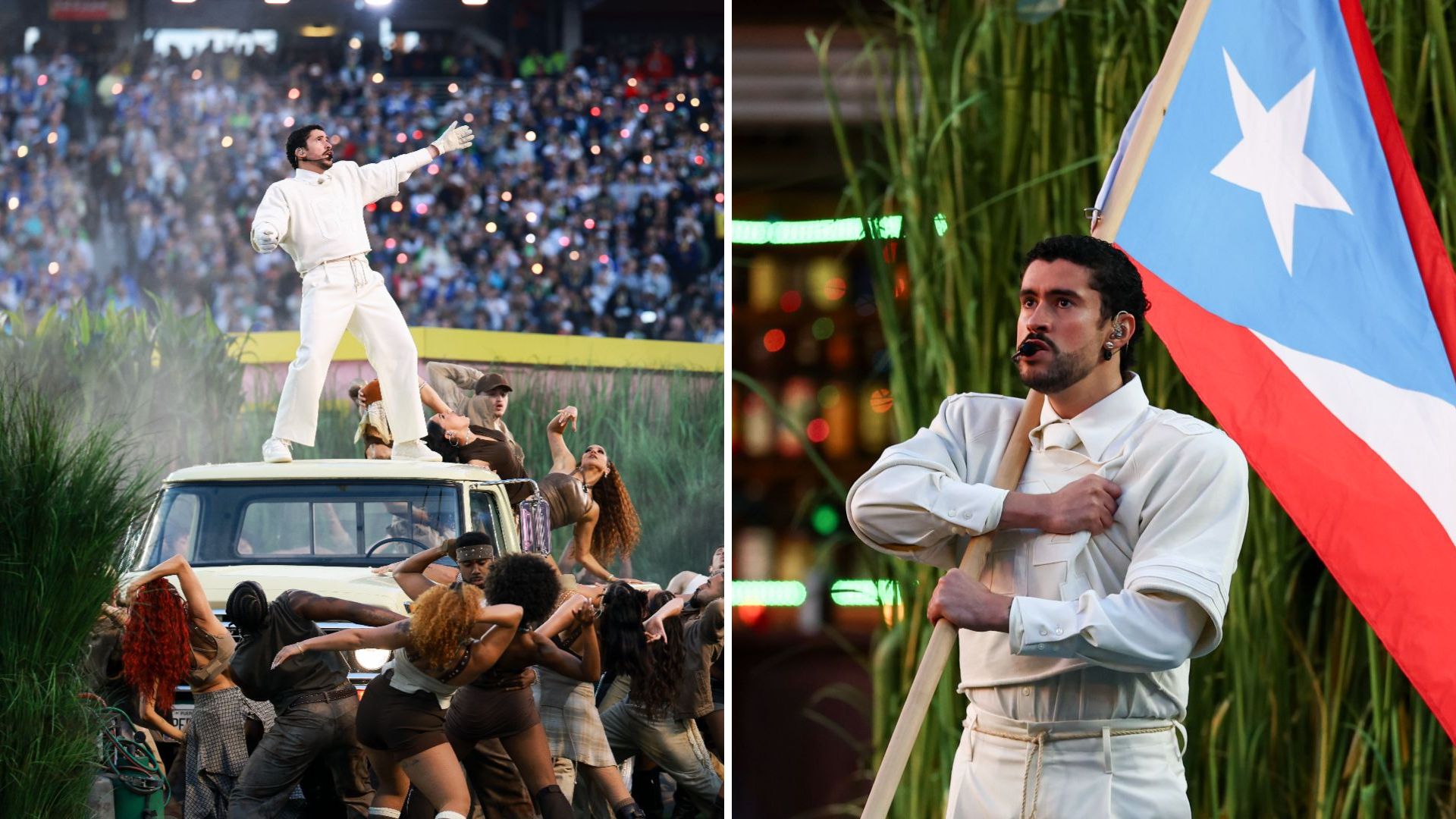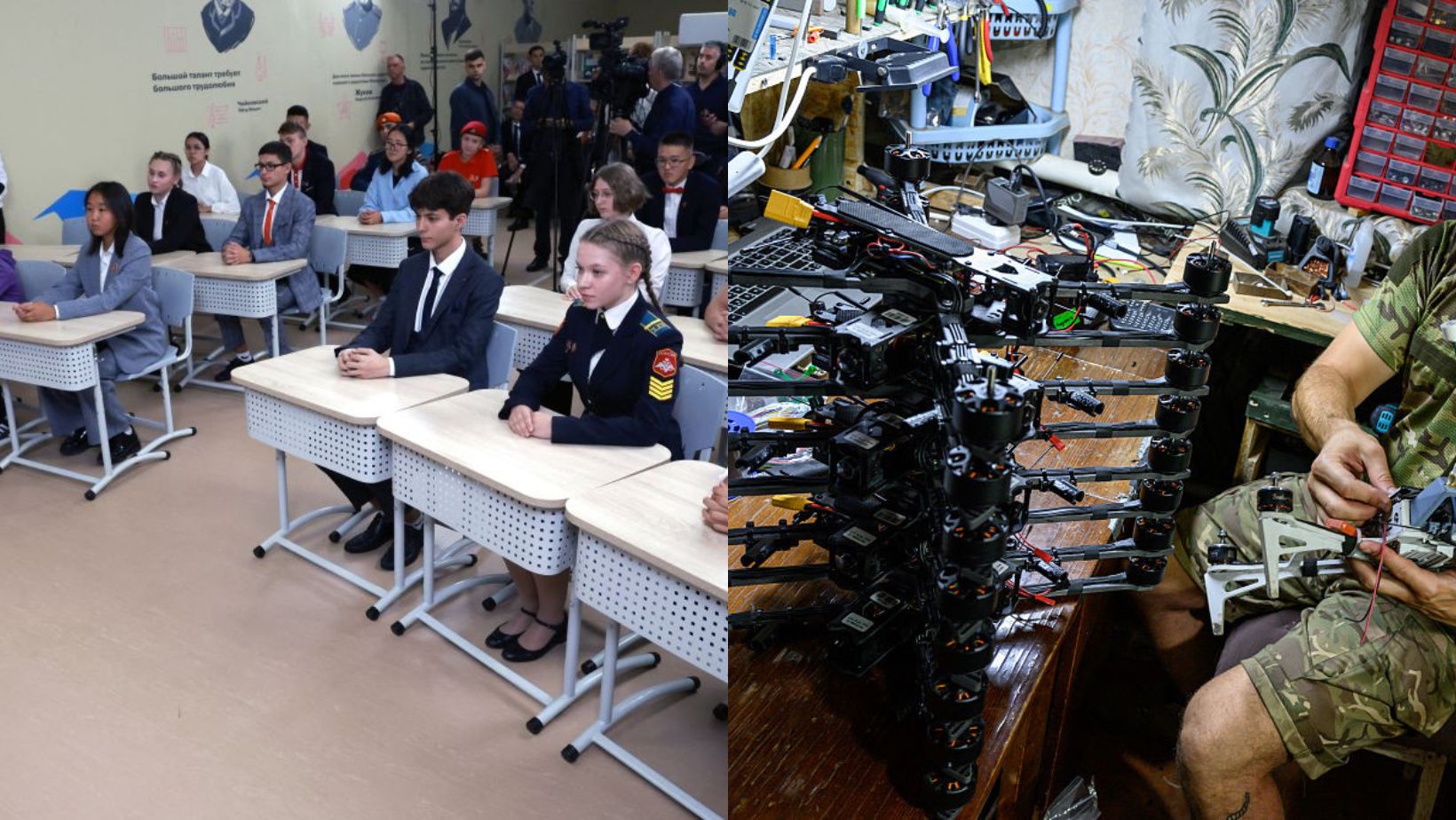
Through video games and competitions, the Russian government is training minors in the manufacture and use of drones, according to an investigation by independent Russian media outlet The Insider. Hundreds of thousands of children have already taken part.
The Berloga platform
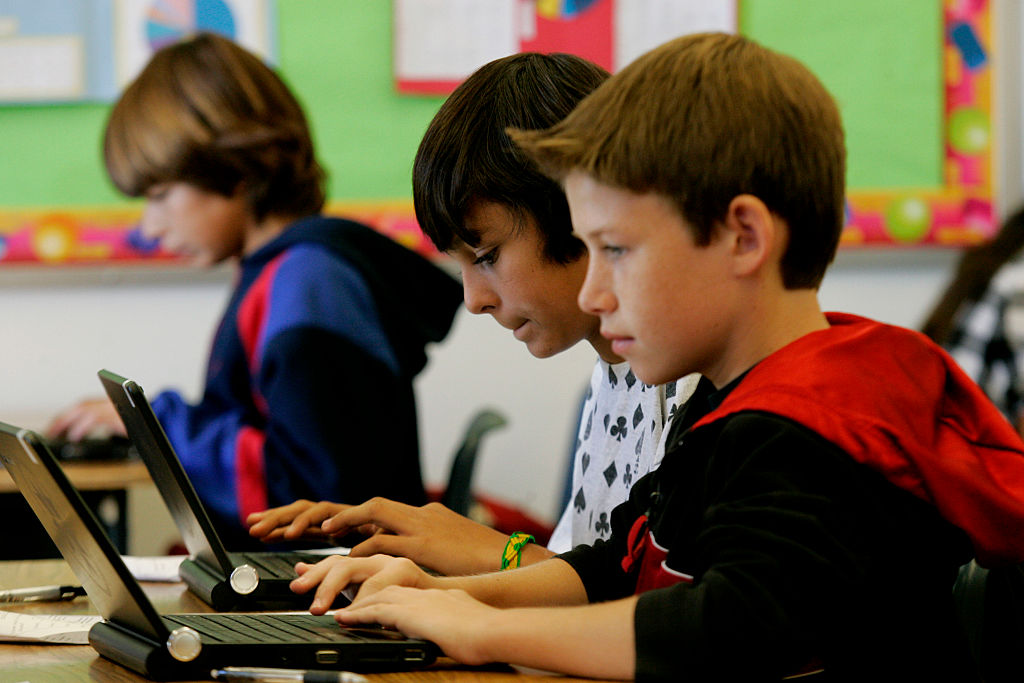
Shortly after the Russian invasion of Ukraine in February 2022, the Kremlin created the Berloga platform (“the den” in Russian). The aim of the game: to save a fictional planet populated by “intelligent bears” from an invasion of “cyberbees”, by defending “energetic honey” using drones.
"This is not an episode of Black Mirror"
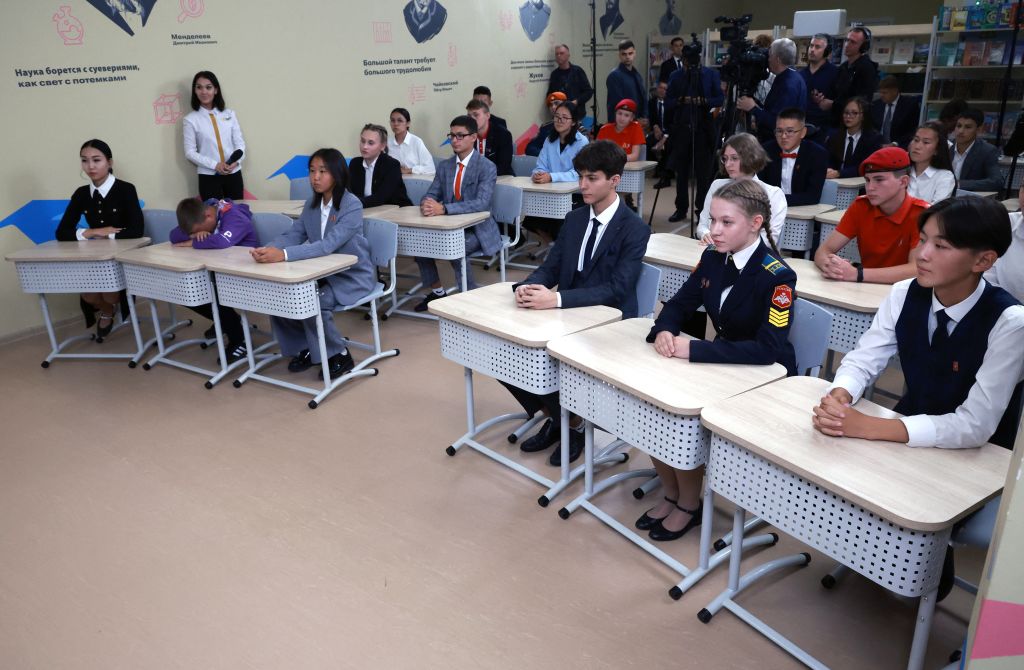
“This isn’t an episode of Black Mirror, but a real state-funded program that exploits the intelligence of Russia’s brightest children to forward Ukrainian cities,” writes The Insider.
Bonus points
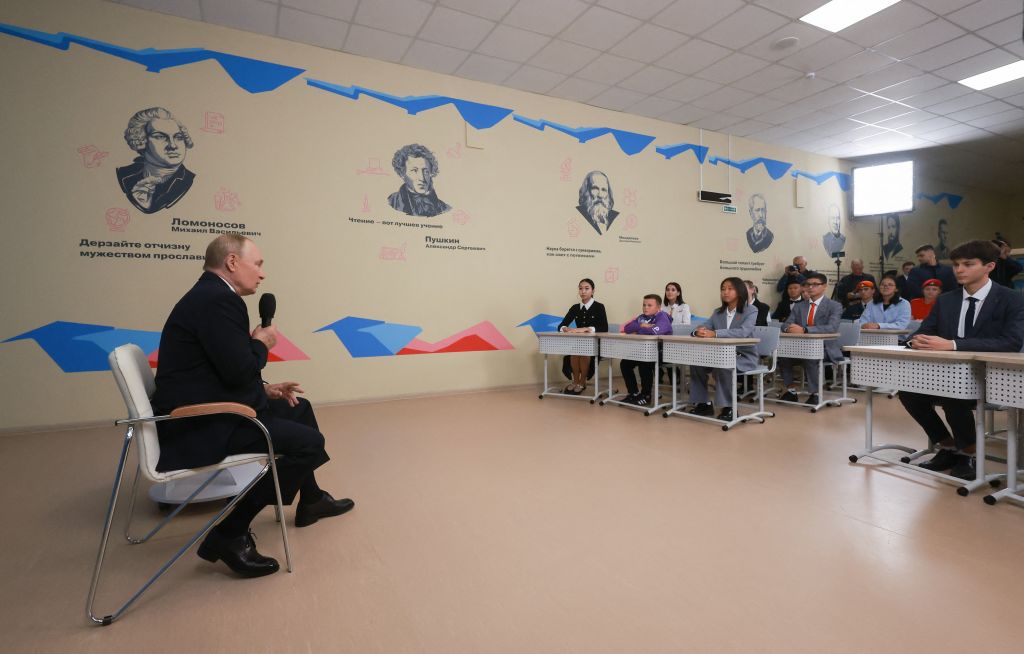
As an incentive, Berloga allows students to earn up to 10 bonus points on their Russian degree, a key condition for admission to top universities. Proof that the program is approved by the Russian Ministry of Education.
Led by the Agency for Strategic Initiatives
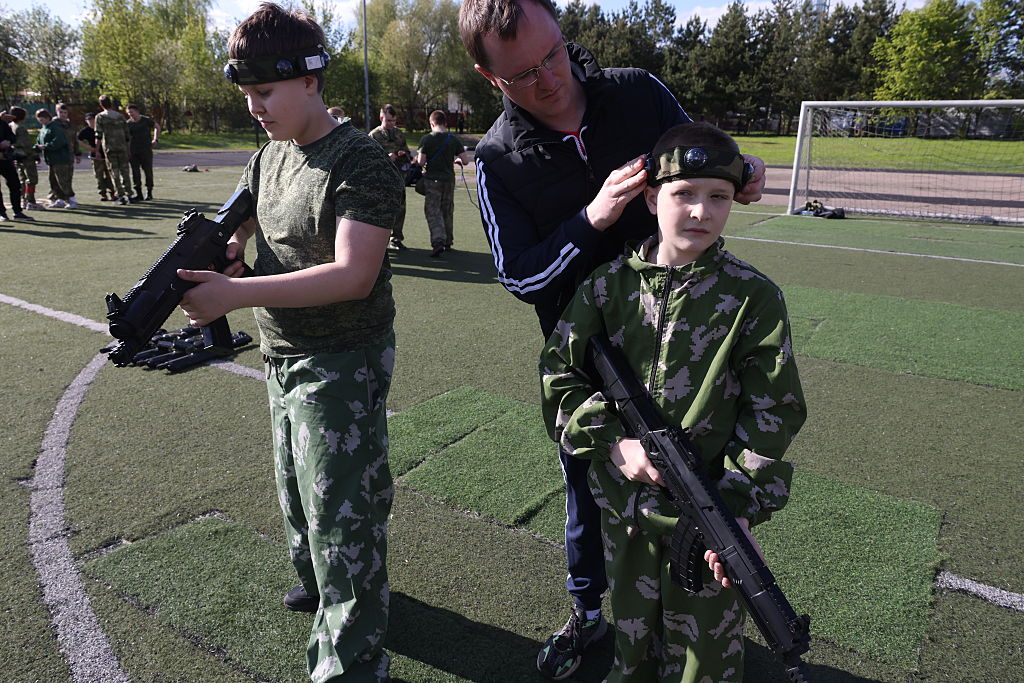
Beyond its playfulness, this application launched in 2022 in Sevastopol, Crimea, serves as a gateway to a gigantic techno-military training pathway piloted by the Agency for Strategic Initiatives (ASI). “The idea is that once a promising student enters the ASI pipeline, he or she will never leave it again,” says The Insider.
800,000 "cyberbees" fighters
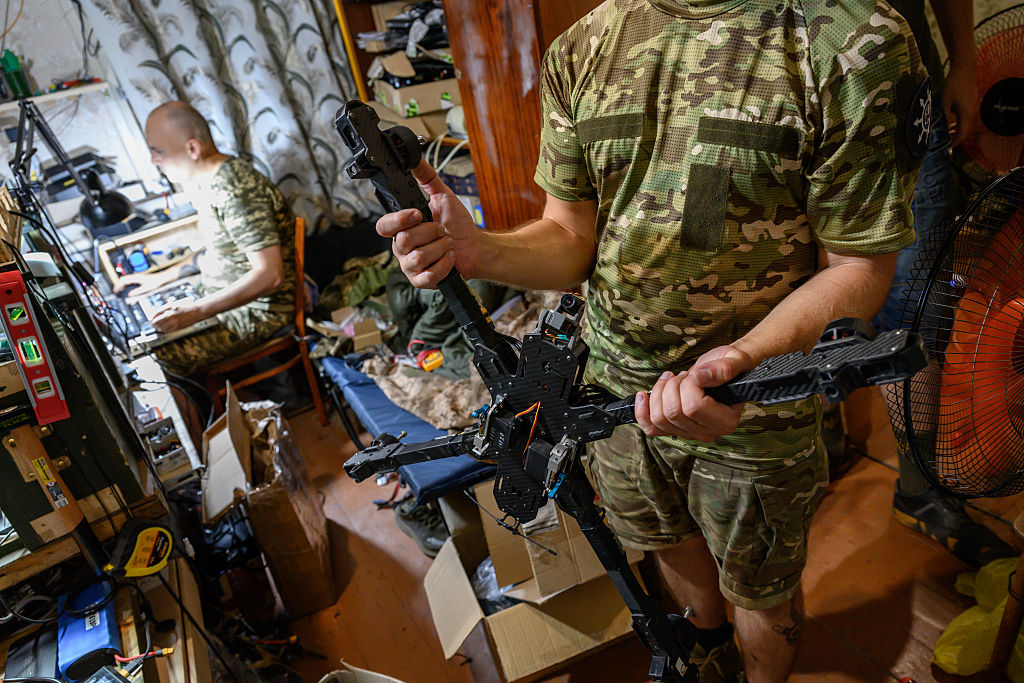
“The platform’s developers […] hope that more than 800,000 cyberbees fighters will eventually move on to programming and assembling real drones,” claims the media outlet.
16500 young people flock to a competition
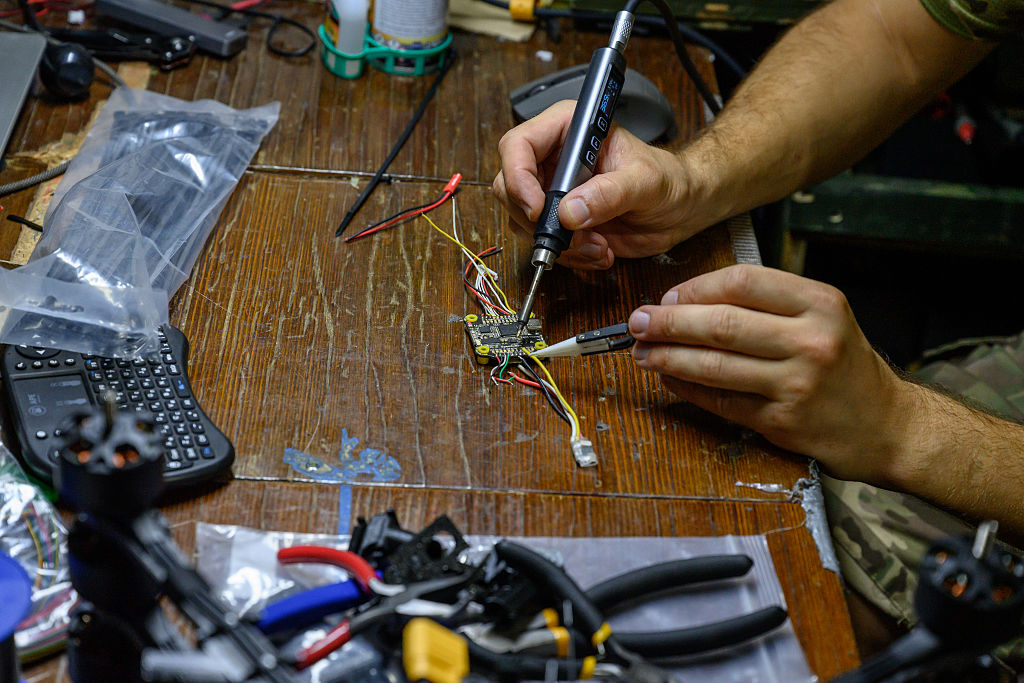
Indeed, the most successful players are then invited to competitions in various fields, such as biomedicine or energy. These competitions can lead to internships with Russian defense partner companies, most of which are under international sanctions. In 2025, one of these competitions attracted a record 16,500 young people.
Similar to military missions
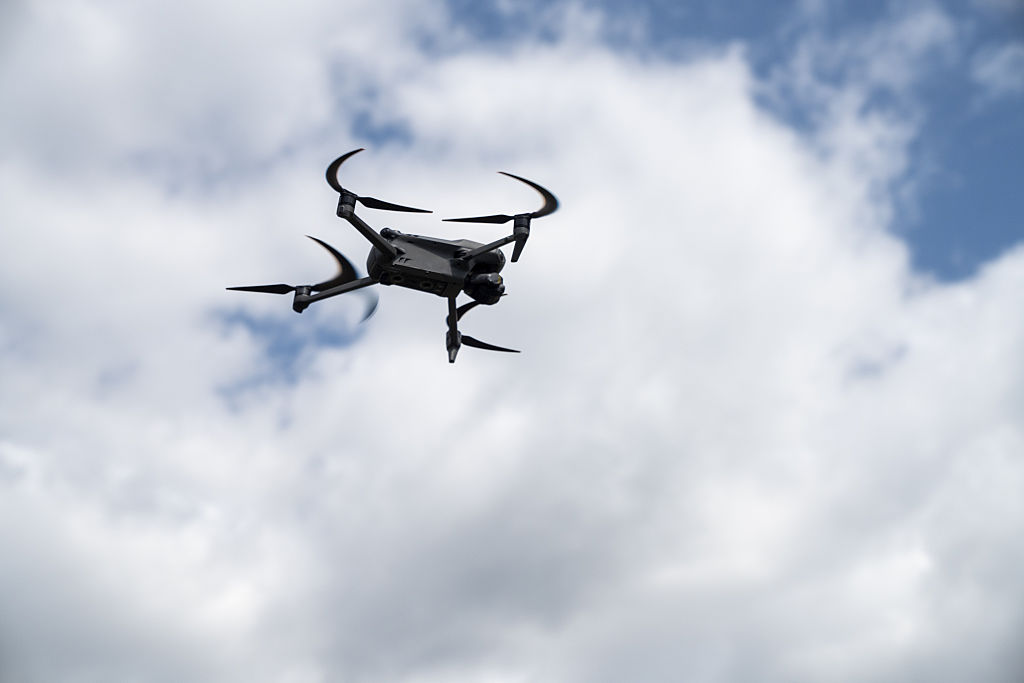
The tasks often resemble military missions. Stas, a thirteen-year-old student who took part in one of the competitions, explains that he “worked on a project entitled: Delivering water to hard-to-reach places. I think it’s pretty clear that these water bottles aren’t really bottles, right? Think of the shape of a bomb and the shape of a bottle. There’s a certain resemblance.
"We were forbidden to say that it was necessary for war" explains a kid
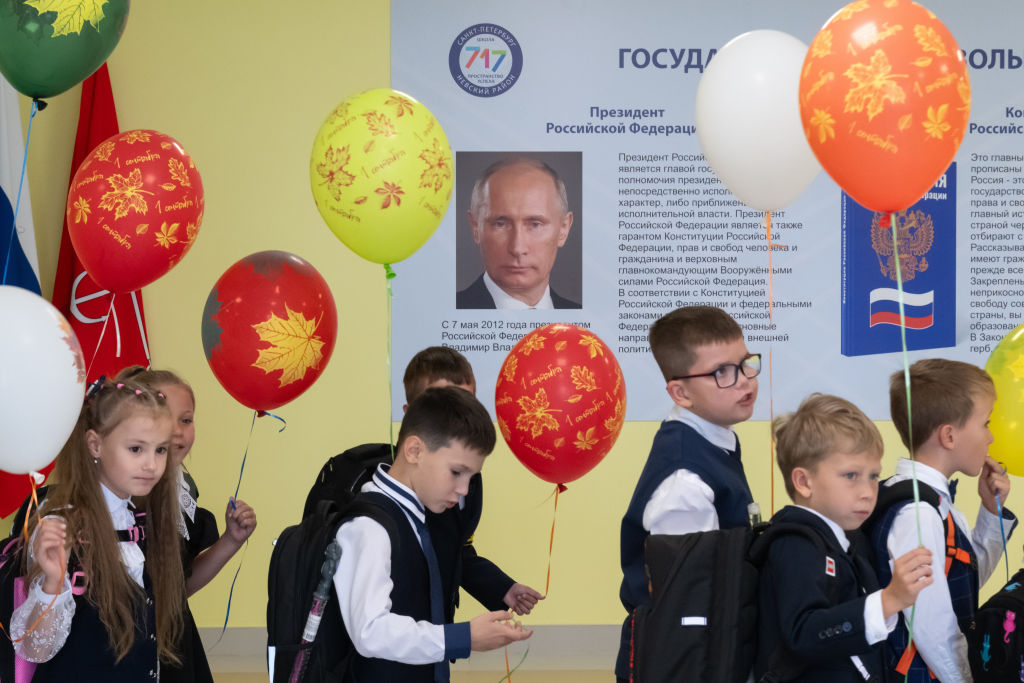
“We were forbidden to say it was necessary for war, and we invented civilian applications. It’s a children’s program… A project must always have a dual objective, especially for a student. It’s an unwritten rule that I’ve observed at every competition,” stresses one of the participants.
Student models selected by the industry
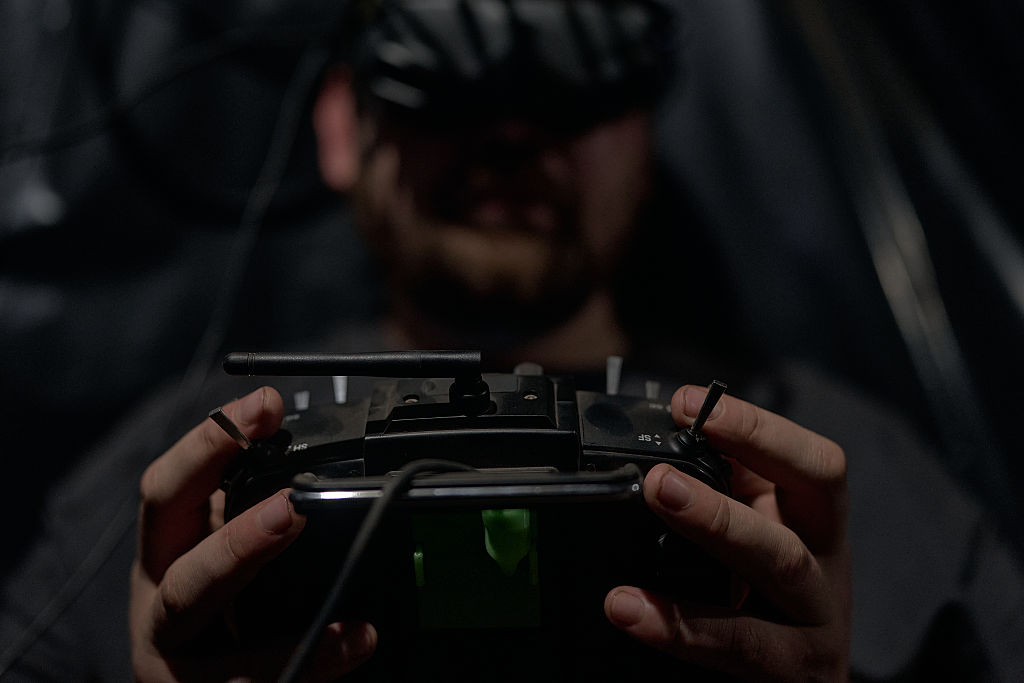
What’s more, some of the students’ ideas end up in industry. For example, a “drone prototype imagined by schoolchildren” was selected by Yakovlev, a Russian aircraft manufacturer.
International conventions on children's rights
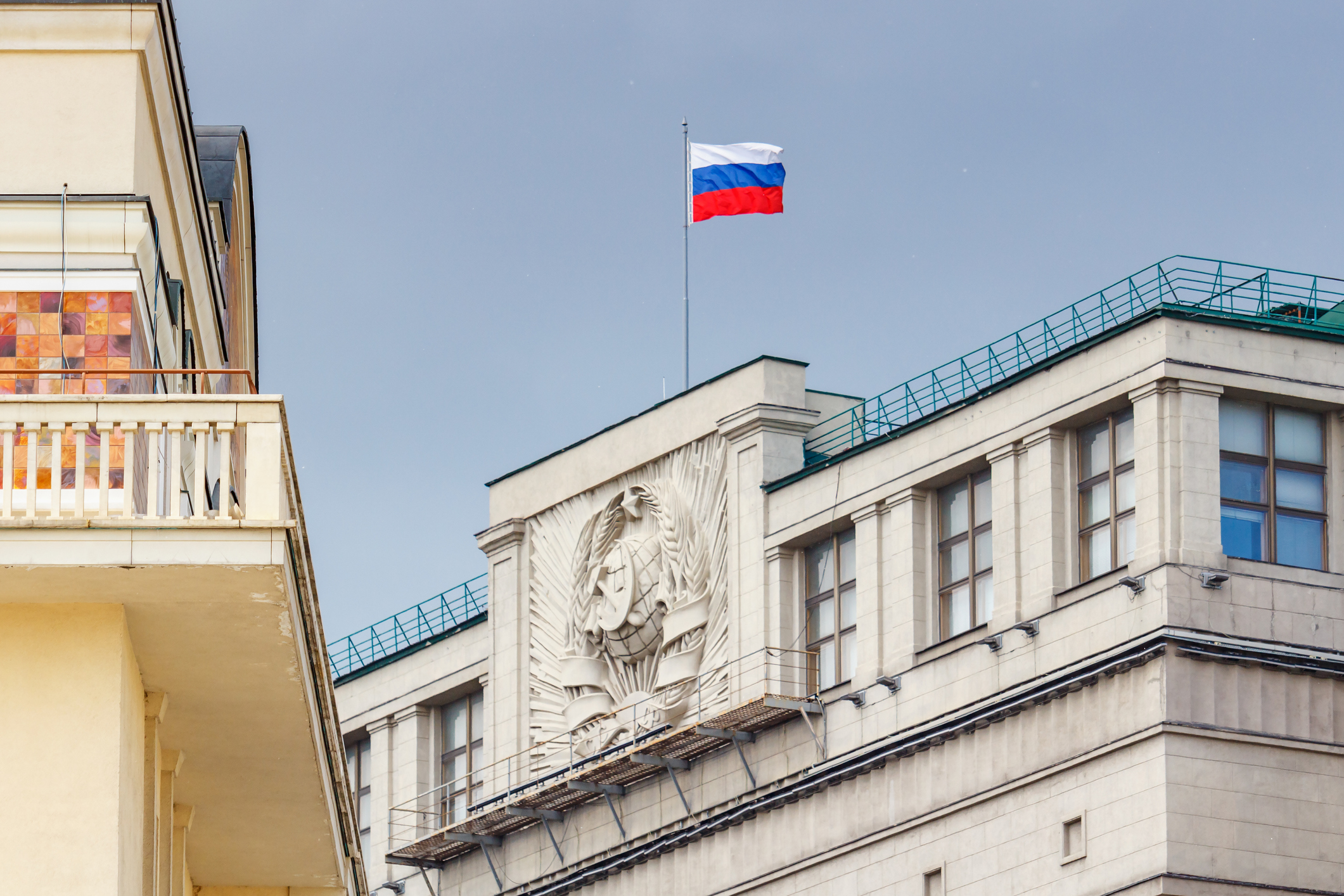
“Such actions violate Article 32 of the Convention on the Rights of the Child and Article 3 of Convention 182 of the International Labour Organization. The latter prohibits the worst forms of child labor, in which Russia participates”, explains Sergei Golubok, lawyer and human rights defender.


